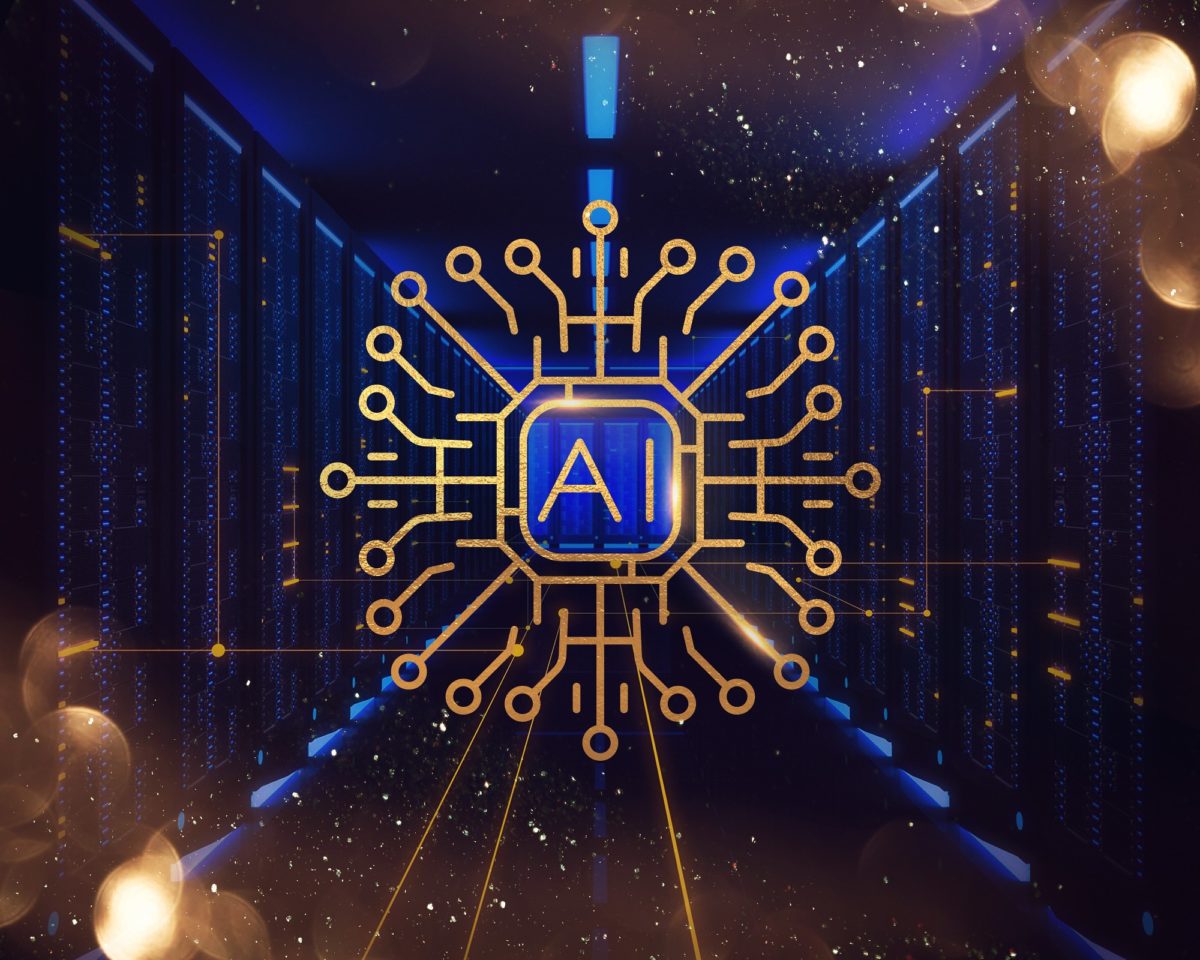In today’s digitized world, AI can do it all. From generating paintings from actual pictures to creating your shopping list, AI has grown to be a powerful tool in this fast-paced society. But, how long did it take until it started to get into education? Or, more specifically, how long did it take for AI to go from a helpful tool to a staple in one’s life? From what we’ve seen, not too long. AI-generated content – whether it is used to complete assignments or to generate project ideas – has been used among students across the nation. According to a study conducted by intelligent.com, over 30% of college students use ChatGPT to complete their assignments. The class AI was used for the most? – well, one of ChatGPT’s biggest strengths: English.
We’ve heard stories circulating around the news about ChatGPT being able to take English exams, breezing through the essays, and generating topic after topic of intricate content that would be an English fanatic’s dream.
What I didn’t know, however, was how prominent AI is being used by the younger generation. According to a Common Sense survey from Impact Research on May 10, 2023, almost 58% of students aged 12-18 have used ChatGPT on a regular basis to complete assignments. This was, once again, primarily in their English classes. Many of the students admitted to using AI to completely write their essays for them, and relayed that they submitted them to their teachers without a second glance.
This got me thinking. Students in English classes seem to be using AI tools the most – and seem to rely on the plagiarized papers would get them an easy A. English classes are a prominent part of coursework in high schools- especially at RHS. With over 20 classes offered in the English department alone, there is much emphasis placed on the department. So, with a variety of English classes that push students to explore writing styles and produce their own work, what does it mean for future generations in these classes, who may find themselves to lack useful skills taught in these classes as a result of their using AI?
Who better to ask than an English Teacher of RHS?
I talked to Ms. Frisby, AP Language & Composition teacher at RHS, via email (once again a prominent use of technology in today’s world). AP Language & Composition is a difficult, college level English class that pushes students to write to their best ability. I wanted to ask her about her opinion on how AI might be affecting English students (and teachers) as a whole.
I began by asking her about her opinion on how AI is beginning to replace the voices of students in their work.
“As an English teacher, I value students’ original thinking, so it would be detrimental if students relied on AI to generate ideas that already exist or have been scraped from elsewhere on the internet rather than considering their own thoughts on the subject matter.”
Ms. Frisby concedes that AI may be helpful in some select cases. She told me about a student who had used AI to construct well-written sample sentences to be used to study vocabulary words for Ms. Frisby’s famous vocab exams. She said AI can provide students with a way to effectively study the right content.
Yet, Ms. Frisby fears that with too much reliance on AI by students, their original voice will be scrapped from their work.
“If students rely too heavily on AI to craft, or in some cases overly-revise, their writing, original ideas, and writing can be stripped of personality and authenticity. I saw this last year when students wrote their drafts of college essays, and the most meaningful essays I read were those that retained the students’ own voices and personality.”
Ms. Frisby finished with the advice that “AI can be a powerful tool, but I would urge students not to discount the power and value of their own ideas and writing voices.”
There are a variety of opinions on the use of AI. Many across the nation believe it may help the future of students and education, as it could help create personalized learning structures, curate lesson plans, or even enhance research processes for students. At the same time, AI usage in classrooms also brings about the problems of plagiarism, causing students to utilize the technology to pass off as their own work. This ultimately causes students to lack putting in effort of their own and learning new things.
AI isn’t going away anytime soon. In fact, it’s the future of today’s modern, digitized age. Sure, it has its highs and lows, but at the end of the day, it is important to keep in mind what draws the line between it being a useful tool, and being something that jeopardizes integrity.







